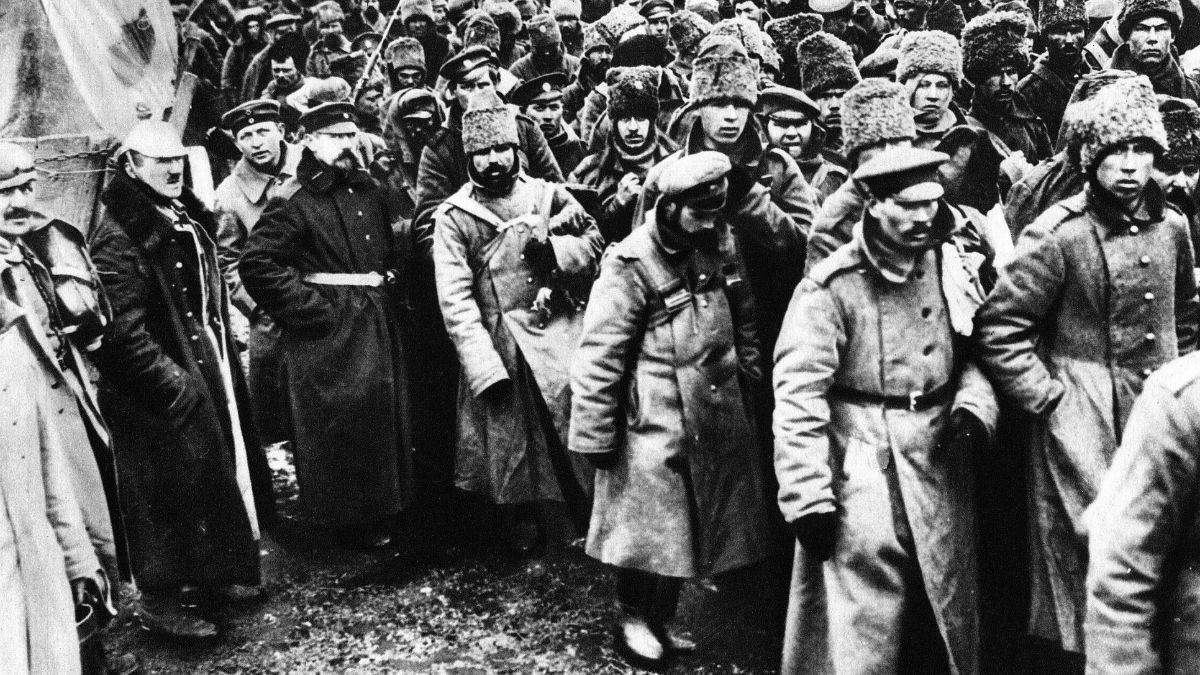Kalidasa (Classical Sanskrit Literature)
Kalidasa (Classical Sanskrit Literature)
World War I: The Great War and Its Consequences

World War I: The Great War and Its Consequences
In the annals of human history, few events have reverberated with such seismic intensity as World War I. Its magnitude was such that it carved deep scars into the very fabric of civilization, reshaping the world in ways unimaginable. This cataclysm, often called ‘The Great War,’ was not just a clash of nations, but a harrowing dance of death and destiny that forever altered the course of the 20th century.
The year 1914 marked the beginning of this colossal conflict. A tangle of alliances, rising nationalism, imperial ambitions, and a labyrinth of treaties set the stage for a war of unprecedented scale. The assassination of Archduke Franz Ferdinand of Austria-Hungary was the spark that ignited the powder keg of Europe, hurling nation after nation into a whirlwind of battle.
What followed was a war that defied all expectations. The initial belief that the war would be brief and glorious was quickly shattered. Instead, the world witnessed a prolonged, brutal struggle that sprawled across continents. The Western Front, characterized by trench warfare, became synonymous with stalemate and slaughter. Soldiers lived and died in the muddy, rat-infested trenches, facing the horrors of machine-gun fire, poison gas, and the unrelenting specter of death.
Beyond the battlefields, the war reshaped societies. Women stepped into roles previously held by men, working in factories and serving in auxiliary military capacities. This shift not only contributed to the war effort but also ignited a change in gender dynamics that would ripple through the decades.
The Great War was also a cradle of technological innovation. It saw the first use of tanks, the emergence of air combat, and the introduction of submarines in naval warfare. These advancements, born out of necessity, would redefine warfare in the modern age.
The end of the war, marked by the Armistice of November 11, 1918, brought a sigh of relief, but not a promise of lasting peace. The Treaty of Versailles, intended to establish a post-war order, instead sowed the seeds of future conflicts. Harsh reparations and territorial adjustments left Germany humiliated and economically crippled, setting the stage for the rise of Adolf Hitler and the ensuing World War II.
Moreover, the war had far-reaching implications on the global political landscape. The Russian Revolution of 1917, which resulted in the rise of the Soviet Union, was a direct consequence of the war’s strains. The Ottoman Empire’s collapse led to a reconfiguration of the Middle East, the effects of which are still felt today.
In the realm of culture, the war left a profound impact. The Lost Generation of writers, including Ernest Hemingway and F. Scott Fitzgerald, captured the disillusionment and existential crisis of a generation scarred by the horrors of war. The art and literature of the post-war period reflected a world that had lost its innocence and was grappling with the complexities of modern life.
World War I was more than a conflict; it was a watershed moment in human history. Its consequences resonated through the decades, shaping the political, social, and cultural landscape of the 20th century. The Great War, with its unparalleled destruction and profound transformations, stands as a stark reminder of the devastating consequences of global conflict and the indomitable spirit of humanity to endure and evolve in its aftermath.